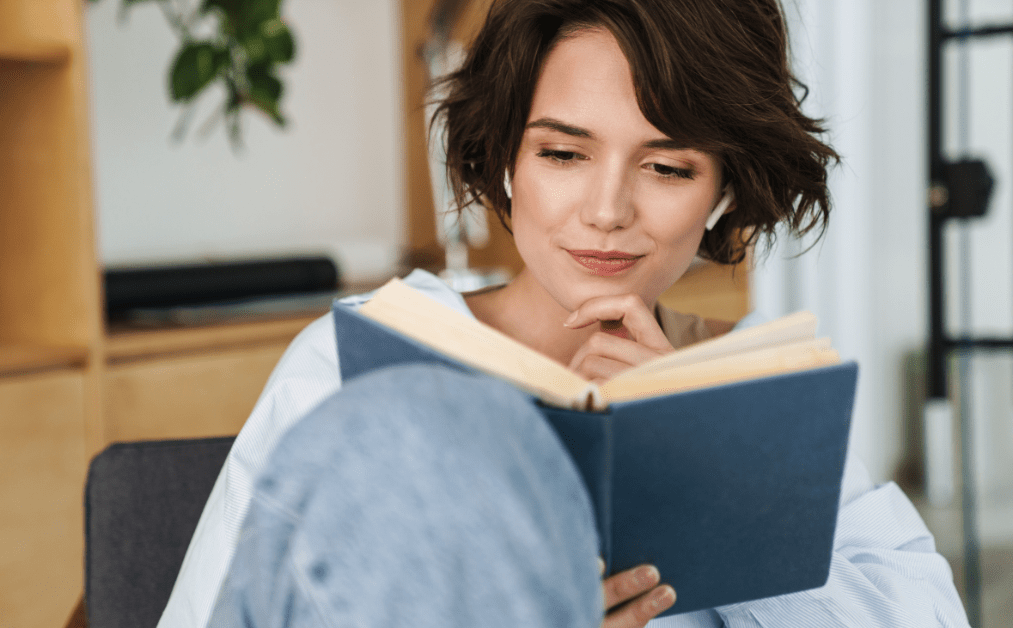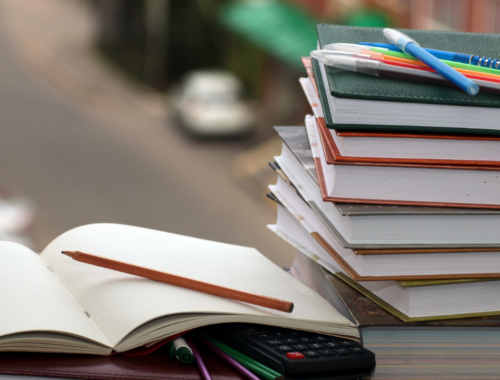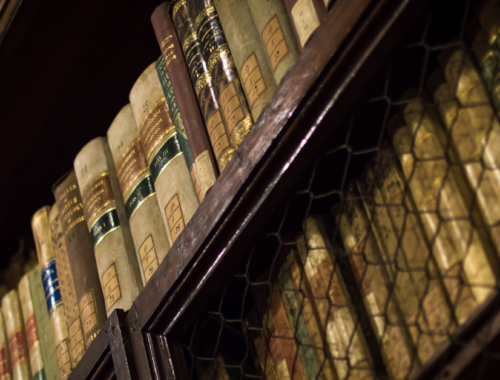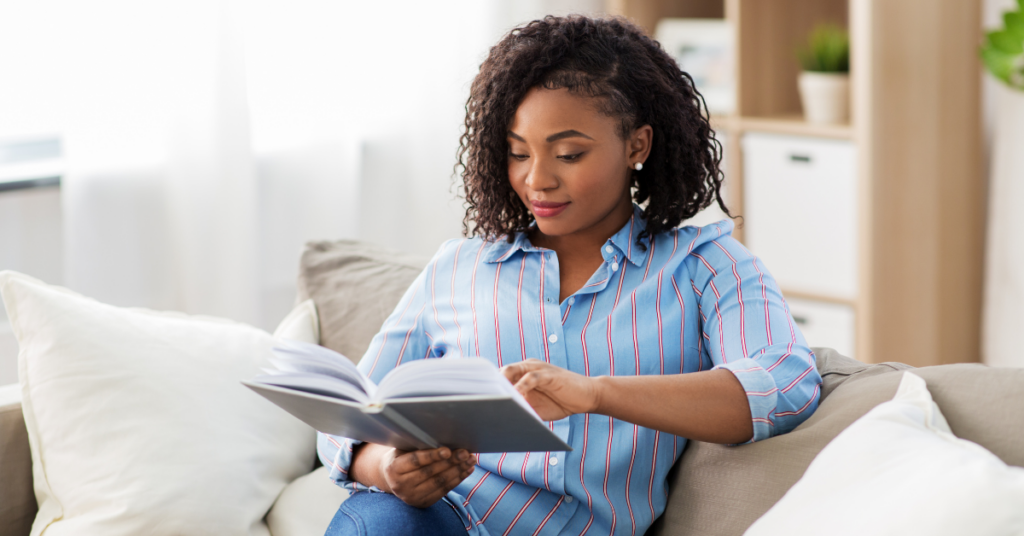
Have you ever thought about the best way to read a book? This question might seem a bit silly — after all, you just pick up the book and start reading, right? Is there really much more to it?
Well, many of us read for learning or for fun, but what if there were smarter and deeper ways to dive into a text and get more out of it? This could help you absorb more knowledge or gain a better understanding of what the author is trying to convey.
Today, we want to show you how to improve your reading habits. We will share some tips from those who already excel in the art of reading and offer a couple of book suggestions to help you learn how to read a book effectively.
- Why Learn How to Read a Book?
- “How to Read a Book” by Mortimer J. Adler and Charles Van Doren
- Other Essential Reads on Reading Effectively
- How to Choose the Right Book on Reading Techniques
- Integrating Reading Strategies into Daily Habits
- Become Better at Reading
Why Learn How to Read a Book?
First, let’s take a step back and consider why you would need to learn how to read a book. Whether you’re reading educational books, study books, or just a novel by your favorite author, you can get more out of them by knowing how to read them effectively. Here are a few things that you might gain:
- Improve comprehension and retention of material.
- Analyze and critique texts more effectively.
- Enjoy a deeper connection with the authors and their narratives.
- Enhance your cognitive abilities, such as critical thinking and empathy.
If you want to know a bit more about the benefits of reading in general, including how it can impact various aspects of your life, feel free to check out this article.
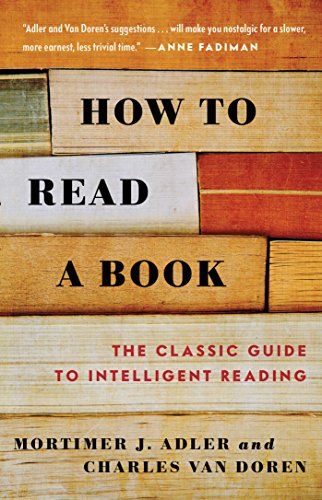 How to Read a Book
How to Read a Book
by Mortimer J. Adler and Charles Van Doren
This book is our number 1 reading recommendation if you want to learn how to read a book. Why? Let us tell you a bit about what makes this book so special:
First published in 1940 and revised in 1972, How to Read a Book is a well-regarded guide for improving reading comprehension. Written by Mortimer J. Adler and Charles Van Doren, it explains different reading levels and offers various techniques tailored to your reading goals.
Adler and Van Doren introduce the concept of four levels of reading:
- Elementary Reading – The basic level of reading that you learn in elementary school.
- Inspectional Reading – Skimming or superficial reading to understand whether the book meets your needs.
- Analytical Reading – Thorough and detailed reading, aiming to understand the book fully.
- Syntopical Reading – Reading multiple books on the same subject and comparing ideas and themes.
Each level builds on the last one, giving readers a framework to refine for their own reading needs. This method improves your reading and how you think about and engage with texts across genres and fields.
Curious about how it works? Try it out and see the difference! This approach helps you become a more thoughtful reader (and maybe even a better writer). Want to get more from your reading? This framework is a great start!
Other Essential Reads on Reading Effectively
While “How to Read a Book” provides a foundational approach, exploring various perspectives can help you get even better at reading. Here are a few other essential reads that offer all kinds of techniques and insights into reading effectively:
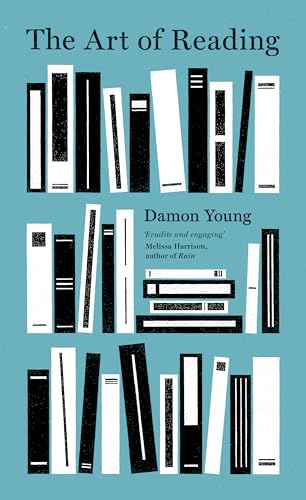 The Art of Reading
The Art of Reading
Damon Young’s The Art of Reading invites us to see reading as more than just a hobby. He explores its deeper, philosophical side. Reading, he argues, is a way to find freedom. How? By actively engaging with texts, we shape ourselves.
Young explains why reading can be an art. It enriches our lives. It’s not just about consuming words but about transforming through them. Curious about how reading can do this? Take a look at Young’s insights and discover the art of reading for yourself.
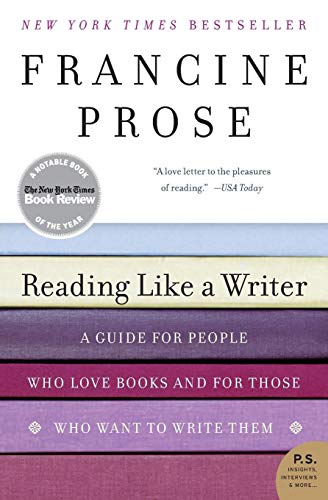 Reading Like a Writer
Reading Like a Writer
Francine Prose’s Reading Like a Writer helps readers understand writing by examining works from great authors. Prose shows how careful reading can teach techniques such as sentence fluency, character development, and dialogue. This book is useful for aspiring writers who want to improve their skills through reading.
Why is this important? Reading well-written books can transform your own writing.
Prose’s insights (drawn from literary masterpieces) offer practical lessons. Want to write better sentences? Study how the masters do it! This guide can be your stepping stone to becoming a better writer.
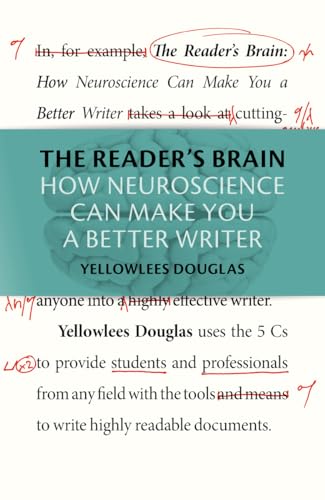 The Reader’s Brain
The Reader’s Brain
In The Reader’s Brain, Yellowlees Douglas uses cognitive neuroscience to explain how we process and understand text. Douglas offers insights into why some writing techniques grab attention better than others. Curious about how to keep readers hooked? This book can help!
Douglas reveals how the brain reacts to different styles and structures (pretty fascinating, right?). It’s ideal for anyone interested in the psychological side of reading and how writing mechanics work. It’s perfect for those looking to understand the science behind effective writing.
How to Choose the Right Book on Reading Techniques
Choosing the right book about reading techniques depends on your specific needs:
- Identify Your Objectives: Are you looking to improve your writing, increase comprehension, or read faster?
- Consider Your Skill Level: Look for books that match your understanding and offer growth.
- Seek Recommendations: Check reviews and ratings to gauge how others have benefited from reading these books.
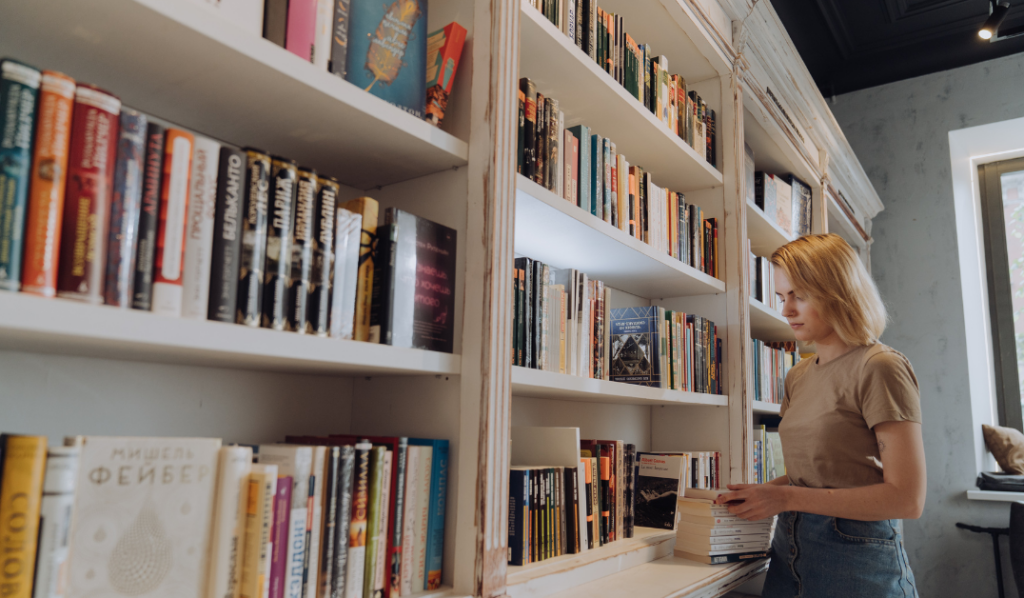
Integrating Reading Strategies into Daily Habits
Make efficient reading a daily practice. Here’s how:
- Set Reading Goals: Decide your goals with each reading session.
- Apply Techniques Immediately: Use what you learn from these books right away, whether it’s analytical reading for deeper understanding or syntopical reading across several texts.
- Reflect on Your Progress: Keep a journal of what techniques work best for you and how they affect your reading experience.
For more interesting insights, check out these fun facts about reading.
Become Better at Reading
We’ve explored a range of books that can change how you read and understand texts. If you need help deciding which book to read next, try one of our recommendations. You will find many helpful methods, insights, and tips for better reading to discover new ways of enjoying your reading journey!
Soon, you will know how to read a book – and how to read effectively!
If you’re curious about the evolution of reading, we recommend you read this article on when reading was invented.

